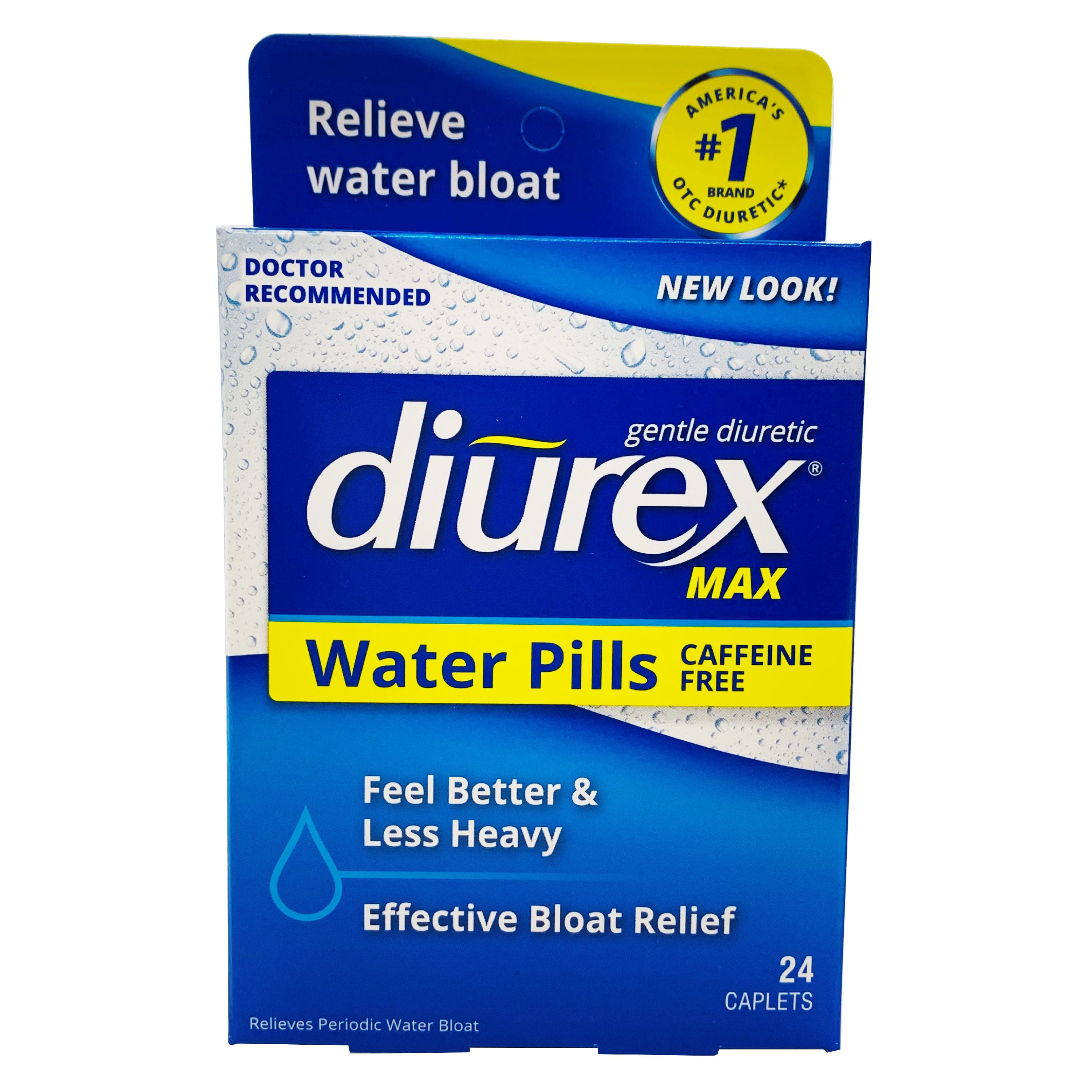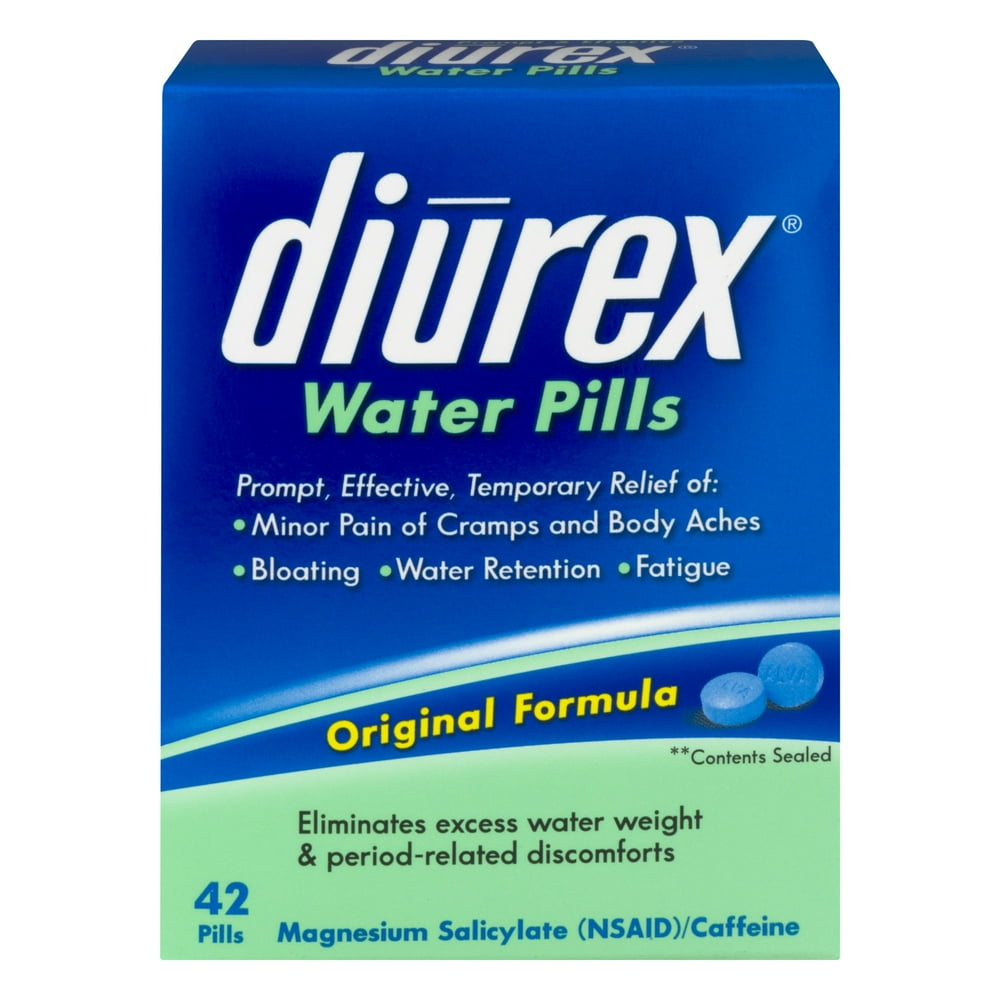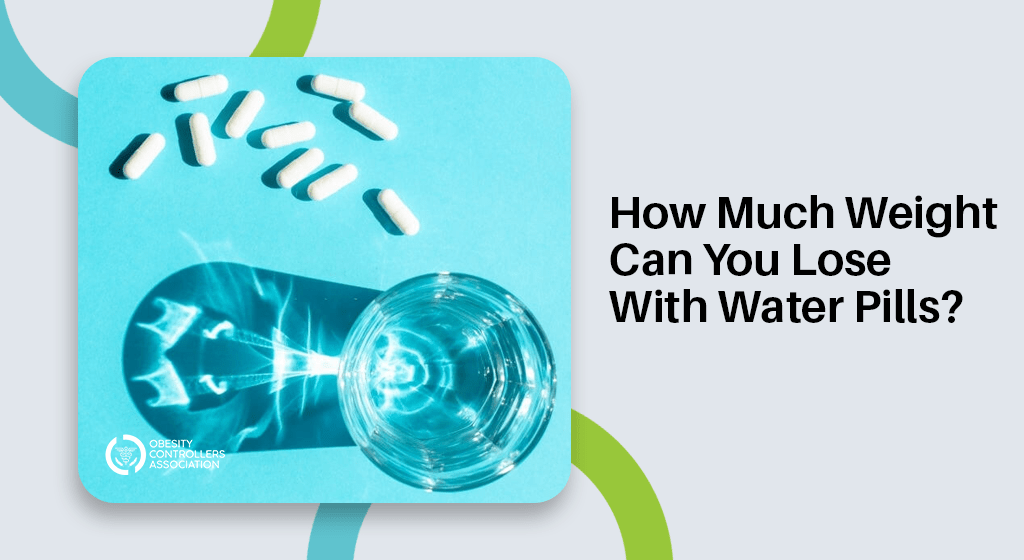Where Can I Buy Water Pills

Imagine waking up on a summer morning, the sun streaming through your window, but instead of feeling refreshed, you feel bloated and uncomfortable. Your favorite jeans feel a bit too snug, and your rings are a little tight. You might be considering a quick fix to shed that extra water weight, and the thought, “Where can I buy water pills?” pops into your head.
This article serves as a comprehensive guide to understanding where to safely and legally purchase water pills, also known as diuretics. We'll delve into the different types available, weighing over-the-counter options against prescription medications, and highlighting the importance of consulting with a healthcare professional before starting any diuretic regimen. Understanding the potential benefits and risks is crucial for making an informed decision about your health.
Understanding Water Pills
Water pills, or diuretics, are substances that help your body get rid of excess water and salt through urine. They work by increasing the amount of sodium excreted from your body. This process reduces the amount of fluid in your blood, which can lower blood pressure and reduce swelling.
There are several types of diuretics, each working in a slightly different way. These include thiazide diuretics, loop diuretics, and potassium-sparing diuretics.
Thiazide diuretics are often prescribed for high blood pressure. Loop diuretics are stronger and used for conditions like heart failure. Potassium-sparing diuretics help prevent potassium loss, a common side effect of other diuretics.
Over-the-Counter vs. Prescription
When wondering "Where can I buy water pills?", it's important to know the difference between over-the-counter (OTC) and prescription options. OTC diuretics are generally weaker and contain ingredients like caffeine or herbal extracts.
These are often marketed as remedies for bloating or premenstrual symptoms. However, their effectiveness is often limited compared to prescription medications.
Prescription diuretics, on the other hand, are much stronger and are used to treat specific medical conditions. These require a doctor's evaluation and a prescription.
Over-the-Counter Options
OTC water pills are available at most drugstores, pharmacies, and even some grocery stores. You can find them in the supplement aisle.
Common ingredients include caffeine, dandelion extract, and green tea extract. These ingredients have mild diuretic effects, but the effects are usually not significant.
Remember to check the ingredient list and be aware of any potential allergies or interactions with other medications.
Prescription Options
Prescription diuretics are available only with a valid prescription from a licensed healthcare provider. These medications are typically prescribed for specific medical conditions.
Conditions like high blood pressure, heart failure, kidney disease, and edema often require prescription diuretics. Your doctor will determine the appropriate type and dosage based on your individual needs and medical history.
It's crucial to follow your doctor's instructions carefully when taking prescription diuretics.
Where to Purchase Water Pills
So, where can you buy water pills? The answer depends on whether you’re looking for OTC or prescription options.
OTC options are readily available at various retail locations. Prescription diuretics require a visit to your doctor and can then be filled at any licensed pharmacy.
Pharmacies
Pharmacies are the most common and reliable place to purchase both OTC and prescription water pills. Major chains like CVS, Walgreens, and Rite Aid carry a wide range of OTC diuretics.
They also have licensed pharmacists who can answer your questions and provide guidance on potential interactions. For prescription diuretics, you'll need to present your valid prescription to the pharmacist.
Smaller, independent pharmacies also offer personalized service and may be a good option for discussing your concerns.
Grocery Stores
Some grocery stores with a pharmacy section also carry OTC water pills. These are typically found in the vitamin and supplement aisle.
However, the selection may be more limited compared to dedicated pharmacies. Check with the store's pharmacy staff if you have any questions.
Kroger, Safeway, and Publix are examples of grocery chains that often have OTC diuretics available.
Online Retailers
Many online retailers, such as Amazon and other health supplement websites, offer a wide selection of OTC water pills. While convenient, it's important to be cautious when purchasing medications online.
Ensure that the retailer is reputable and that the products are from trusted manufacturers. Be wary of products with exaggerated claims or unclear ingredient lists.
Purchasing prescription medications online from unverified sources can be dangerous and is often illegal. Always verify the legitimacy of online pharmacies before making a purchase.
Importance of Consulting a Healthcare Professional
Before starting any diuretic, whether OTC or prescription, consulting with a healthcare professional is essential. Self-treating with diuretics can be risky and may mask underlying health problems.
Your doctor can evaluate your medical history, assess your symptoms, and determine if diuretics are appropriate for you. They can also advise you on the correct dosage and potential side effects.
Furthermore, certain medical conditions and medications can interact with diuretics, leading to adverse effects. Professional guidance ensures your safety and well-being.
Potential Risks and Side Effects
Diuretics can cause several side effects, ranging from mild to severe. Common side effects include increased urination, dehydration, and electrolyte imbalances.
Electrolyte imbalances, such as low potassium levels, can lead to muscle cramps, weakness, and even heart problems. Other potential side effects include dizziness, lightheadedness, and nausea.
Long-term use of diuretics can also affect kidney function and increase the risk of gout. It's crucial to be aware of these risks and to monitor your health while taking diuretics.
Natural Diuretics
For those seeking a more natural approach, certain foods and drinks have diuretic properties. These can help reduce water retention without the potential side effects of medications.
Examples include asparagus, celery, parsley, watermelon, and green tea. Increasing your intake of these foods and drinks can promote urination and reduce bloating.
However, natural diuretics are generally milder than medications and may not be sufficient for treating underlying medical conditions.
A Balanced Approach
Ultimately, the decision of whether to use water pills and where to buy them should be made in consultation with a healthcare professional. While OTC options may provide temporary relief from bloating, prescription diuretics are necessary for treating specific medical conditions.
Understanding the potential benefits, risks, and alternatives is crucial for making an informed choice about your health. Remember that a balanced diet, regular exercise, and adequate hydration are essential for maintaining overall health and well-being.
By prioritizing your health and seeking professional guidance, you can address water retention safely and effectively, achieving a healthier and more comfortable life.


















